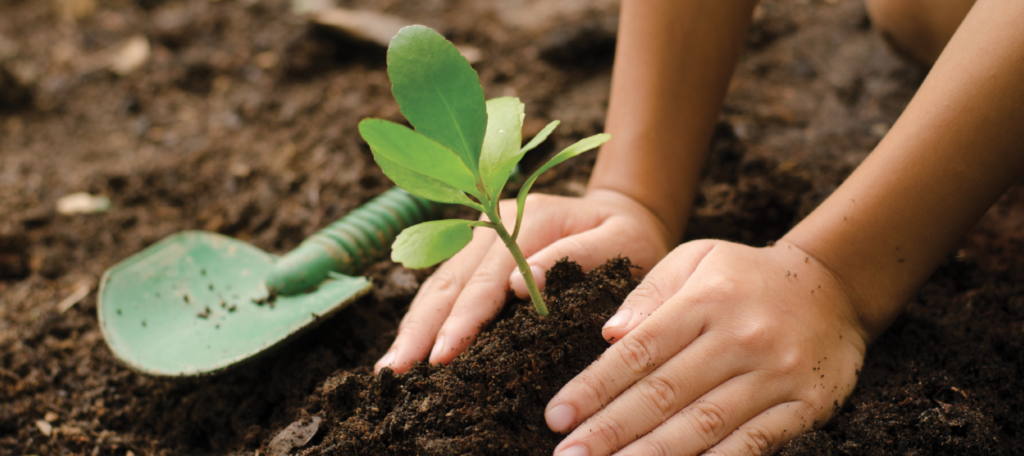
Why the Global Pandemic May Have a “Green Lining”
The defining moment is now. Well before the term “plant blindness” was coined in 1998 by botanists James Wandersee and Elisabeth Schussler, the majority of people in the U.S. had lost their collective ability to notice the plants around them. What was common knowledge to our ancestors has become an obliviousness about where our food comes from, the importance of plants to the health of humans and animals, and a failure to appreciate the role of plants to the very survival of our planet.
Many groups — including the Seed Your Future (www.SeedYourFuture.org) movement — have been working tirelessly to turn things around and inspire more people, especially youth, to appreciate the role of plants in our world and perhaps explore a career working with plants. Small gains were being made.
Then the world changed. A global pandemic altered every facet of life including how we live, work, eat, play and socialize. Fear of going outside, fear of connecting with others, and fear of an unknown health plague forced us not only to isolate from one another, but from the natural world.
Even though decades of solid research affirm the ability of plants and nature to heal, cure, soothe and inspire, access to outdoor spaces was restricted. Even enjoying one’s own backyard or balcony was seen by many as a risk too perilous to take.
As media coverage expanded about the spread of the pandemic, the Seed Your Future movement searched for the voice we would take to help provide respite from a growing panic. While certainly the pandemic was, and still is, a dangerous issue, we chose to spread messages about the power of plants to support our mental and physical health — especially in times of crisis.
Our #NatureNeverCloses and #YearOfThePlant campaigns provide inspiration about plants and nature. Being around plants, growing plants, and even just looking at flowers and plants has been proven by study after study to improve our mood, provide hope, and nourish us from both hunger and despair.
The “Green Lining”
While we can never say there is a “silver lining” to the pandemic, the fact is — there are more people expressing interest in plants, growing their own food and flowers, purchasing houseplants, seeds, garden supplies and spending time improving the world around them with plants. A “green lining,” as it were.
As lawn and garden retailers, this truly is the defining moment we’ve been working for. Likely you are experiencing what many others in the industry are as well — a huge demand from consumers resulting in some remarkable sales figures. But people can be fickle, attention spans short, and if we don’t capitalize on this moment in time, it will pass and interest in gardening and plants may wane again. So, what can we do about it?
The answer is you. It’s you, and me, and other horticulture professionals, and educators, and plant-enthusiasts, and frankly, everyone who already knows that the fate of our world lies in the next generation embracing the importance of plants not only to humans, but to animals, and to Earth. Our job is to show others the way.
Focus on the Future Gardeners
So, how do we do it? We suggest that a focus should be on kids. Families are hungry for meaningful, enjoyable activities for their children. Kids have been cooped up with their families since March of 2020. Boredom, frustration and irritability can be abated if you provide answers for families.
Here’s just a few ideas of what you can do today to make a difference:
- Watch Seed Your Future’s new plant-based family DIY videos and download the directions and supply lists. Sell the supplies as a package and encourage families to do these activities together. These include: Grow Your Own Plants with Hydroponics (bit.ly/SYF_DIY_Hydroponics), Make Your Own Fun Light Maze for Plants (bit.ly/SYF_DIY_PlantMaze), and Use Plants to Dye Your Own Clothes (bit.ly/SYF_DIY_Dyeing).
- Check out one of our partner’s resources for gardening with kids. www.KidsGardening.org has many projects and activities. Pick a few and share them with your customers. Sell them the materials they will need in an easy-to-buy package deal.
- Encourage families to get involved in one of the cool plant-based citizen scientist projects they can do in and around their homes and communities. The Chicago Botanic Garden’s national BudBurst project is one of our favorites (budburst.org).
- Partner with your local garden club. Most clubs are very interested in reaching children and families and introducing them to gardening. They likely have volunteers who would love to work with you on projects. Find garden clubs near you who are affiliated with either the Garden Club of America (www.gcamerica.org) or the National Garden Clubs (www.gardenclub.org). Be safe of course! And, by the way — help change the vernacular. It’s about physical distancing not social isolation.
The Next Generation of Hort Leaders
But what of the long-term issue most lawn and garden retailers are facing? That is, who will take the reins and have the expertise to provide the technology, science, art and business acumen necessary to fill the open positions in the green-collar industry? Who will replace you when you retire?
The answer again is you — and me, the entire horticulture industry, and everyone who already works with plants. It is about collaboration, and the Seed Your Future movement can help. “Planted” in 2014, Seed Your Future was formed by a partnership of horticulture companies, gardening organizations, schools, colleges and universities, public gardens and youth organizations who are united by the mission to promote horticulture and inspire more people to pursue careers working with plants.
If kids don’t notice the plants in the world around them, how can they develop a life-long appreciation for plants, and why would they ever have an interest in a career working with plants? We must show them how plants impact our lives every day, and the diversity of careers across the art, science, technology and business of plants. But we cannot serve that up to kids “the old way.” Through Seed Your Future’s focus group research with kids across the country — kids gave us some sage advice: stop using “weird” words like “horticulture,” show them through video and social media content how plants can change the world, and have “cool” young people tell them about their rewarding (#ILoveMyPlantJob) careers. They coined the term “plantologist” instead of “horticulturist” and urged us to connect plants to what they are already interested in such as sports, fashion, medicine, technology, art, and more.
We’ve created a few dozen videos already. Check them out on our YouTube channel at www.youtube.com/c/WeAreBLOOM/videos. We also are in year three of our BLOOM! (www.WeAreBLOOM.org) campaign. Through eye-catching content delivered both inside and outside the classroom, BLOOM! is educating and inspiring young people about the endless possibilities in “plantology.” Anyone can download the free resources at www.Scholastic.com/BLOOM (educator resources) and www.WeAreBLOOM.org/partners (toolkit of materials).
But there’s more you can do today. Create and share your own fun videos. You likely have a team member who knows how to create something fun that shows how cool your company, your jobs and the work you do is. Let them film something for you. Post them on social media. If you have a retail store, get out the TV monitors and run your videos! These will catch the eye of kids and families alike. Tell the world how much you #ILoveMyPlantJob.
Together, we can ensure that the next generation emerges from this pandemic with a life-long interest in plants, gardens, and gardening. Let’s not miss this opportunity to share the “green lining” and teach people how plants can indeed cure, heal, soothe and inspire!


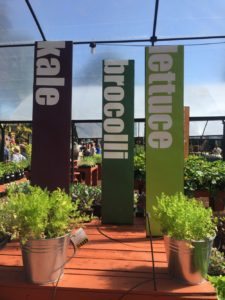
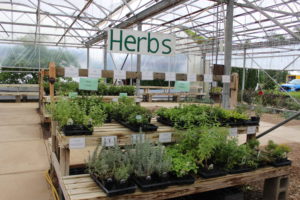
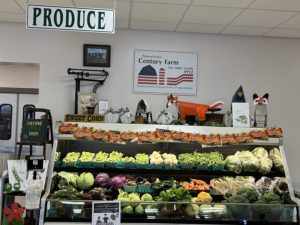
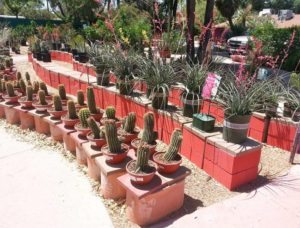
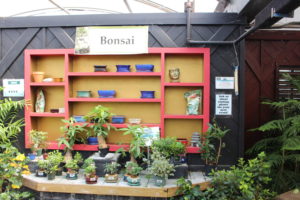
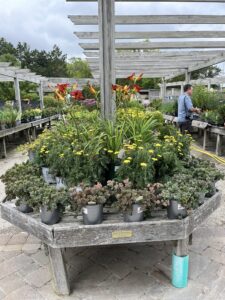
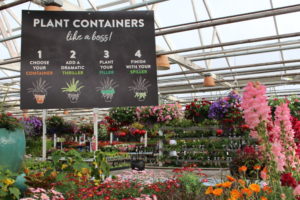
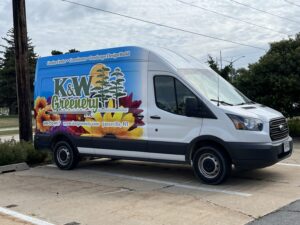
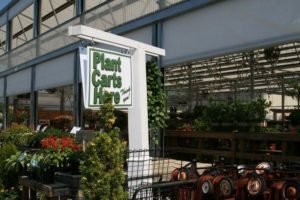
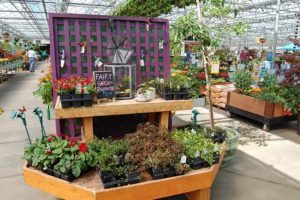
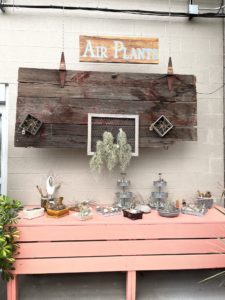
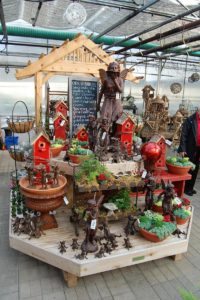
 Videos
Videos





